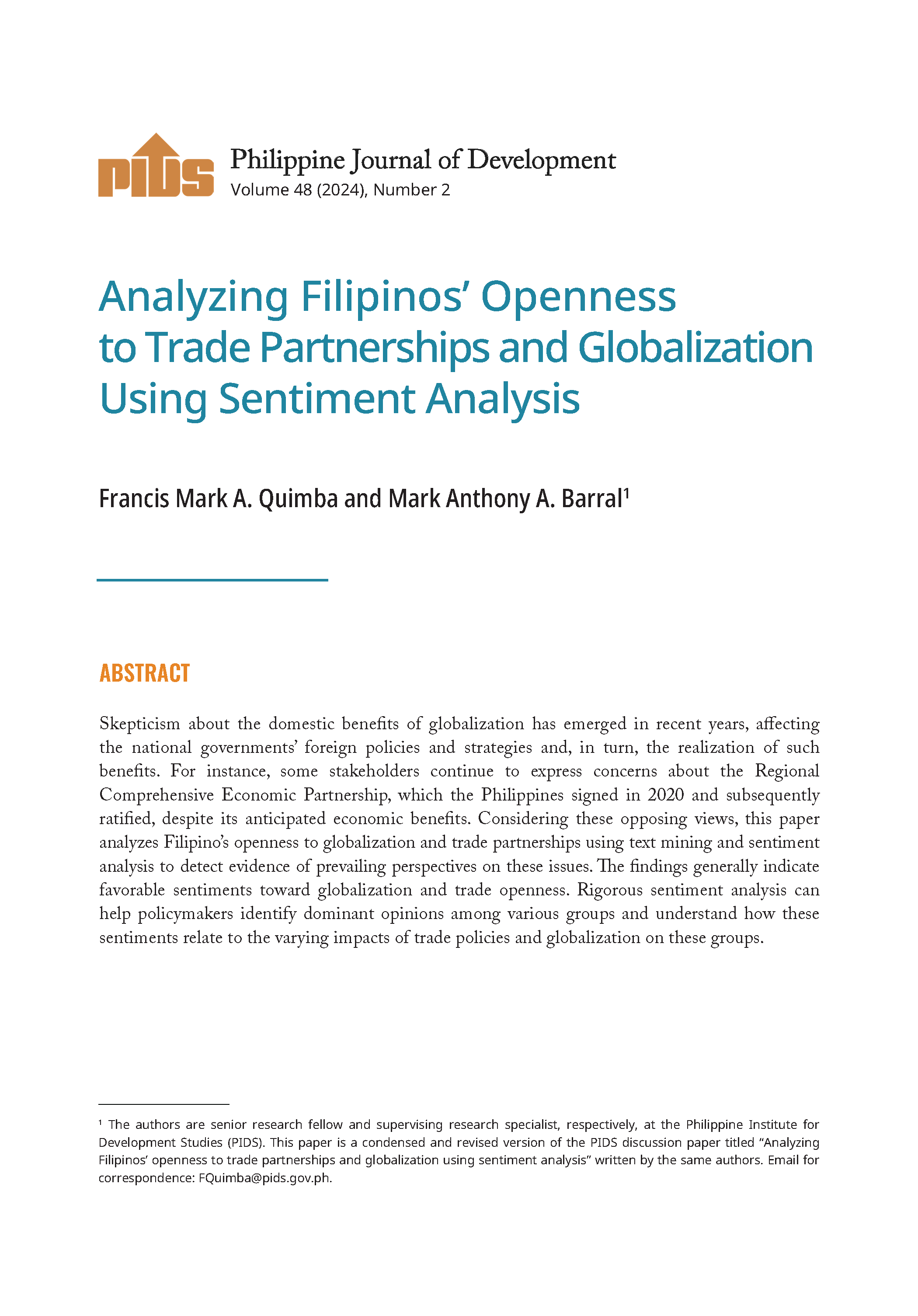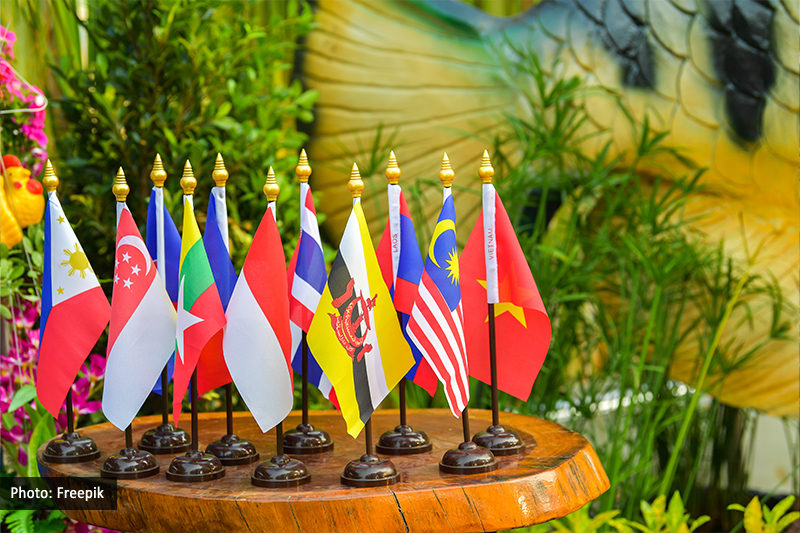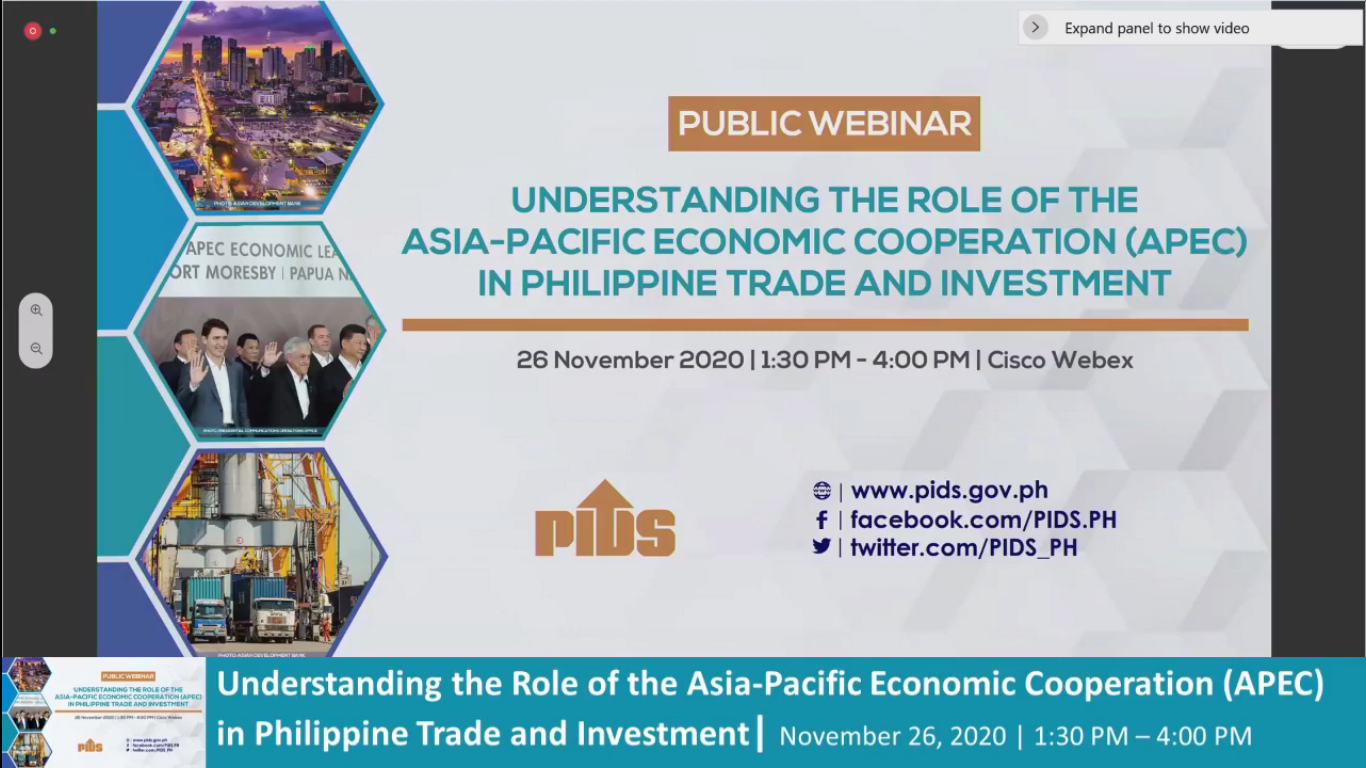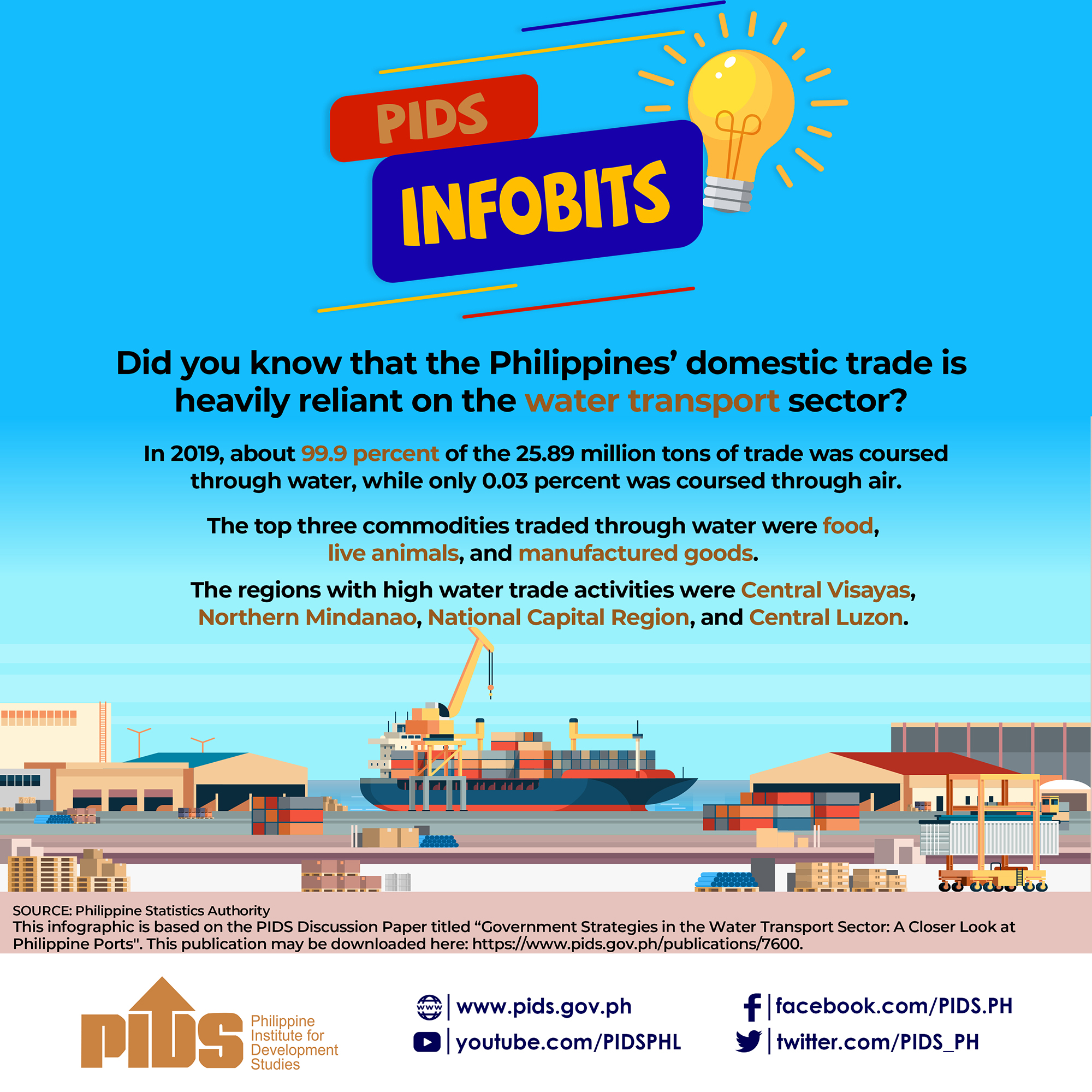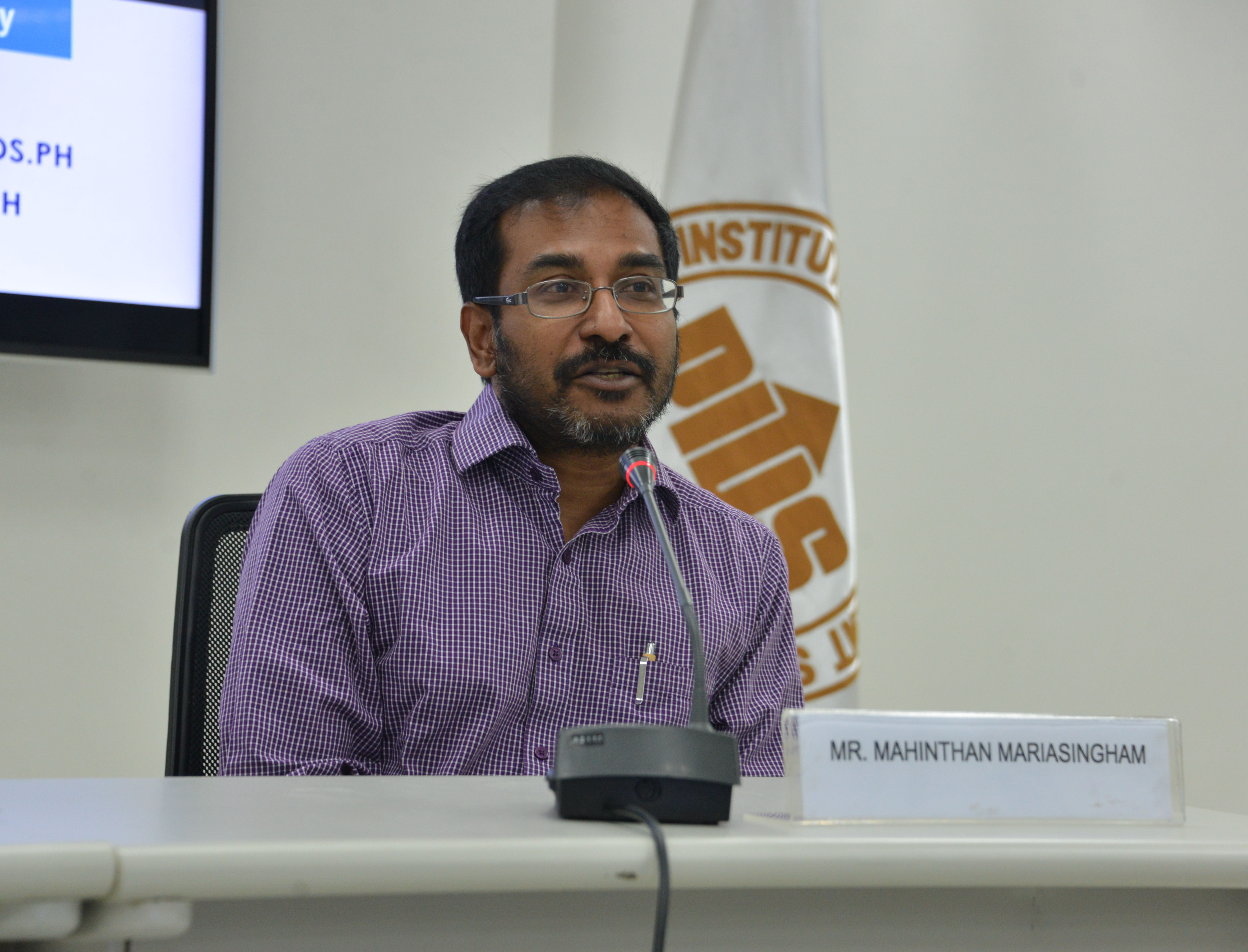
The ongoing trade war between the United States (US) and China is seen to benefit the Philippine manufacturing sector.
This was according to Mahinthan Joseph Mariasingham, a statistician from the Asian Development Bank, who spoke during a recent public symposium jointly organized by the Philippine Institute for Development Studies, Philippine APEC Study Center Network, and Chung Hua Institution for Economic Research.
“Philippine manufacturing could see a boost of 0.2-0.7 percent, primarily in electronics. The assumption is that [the] PH economy is able to attract more trade from tariff-affected economies,” Mariasingham explained, adding that electronics is one of the manufacturing subsectors that is highly integrated into the global value chain.
He said that from the imposition of tariffs on selected products such as solar panels, washers, steel, and aluminum, globally, the US started imposing tariffs on a wide range of products imported from China.
Mariasingham highlighted that the US imports nearly USD 600 billion worth of goods and services from China, while the latter only imports about USD 130 billion worth of goods, making it the more affected between the two countries.
Globally, these trade conflicts “would have a small impact on the world’s gross domestic product”, but could present substantial risks once they escalate. On the other hand, the regional impacts could be offset “by potential redirection of trade and production”.
Mariasingham explained that countries not affected by the imposition of tariffs could absorb imports and exports both from China and the US, which would have been affected by the ongoing trade war. He added that this could be beneficial for developing Asian countries such as Malaysia, Vietnam, and Thailand.
“Do you know why these three countries stand out today much higher than the rest of the [other] countries? Simply because they have the infrastructure to absorb the excess demand that would arise as a result of the imposition of tariffs by the US on Chinese products, mainly on electronic goods,” Mariasingham said.
In the Philippines, the manufacturing sector will gain more as a result of the trade conflict because of the huge electronics component sector of the country, Mariasingham said.
However, the ADB expert urged policymakers in the country to focus on investing more on research and development, as well as on developing the technical capacity of Filipinos to encourage them to engage in higher value-added tasks.
Mariasingham noted that the services sector will feel positive effects albeit small, but warned that the business services will be negatively affected “if conflict escalates”.
He also reminded countries benefitting from the US-China trade wars not to be complacent as they need to compete with others, noting that some of its positive effects “may take a while to play out”. ###
This was according to Mahinthan Joseph Mariasingham, a statistician from the Asian Development Bank, who spoke during a recent public symposium jointly organized by the Philippine Institute for Development Studies, Philippine APEC Study Center Network, and Chung Hua Institution for Economic Research.
“Philippine manufacturing could see a boost of 0.2-0.7 percent, primarily in electronics. The assumption is that [the] PH economy is able to attract more trade from tariff-affected economies,” Mariasingham explained, adding that electronics is one of the manufacturing subsectors that is highly integrated into the global value chain.
He said that from the imposition of tariffs on selected products such as solar panels, washers, steel, and aluminum, globally, the US started imposing tariffs on a wide range of products imported from China.
Mariasingham highlighted that the US imports nearly USD 600 billion worth of goods and services from China, while the latter only imports about USD 130 billion worth of goods, making it the more affected between the two countries.
Globally, these trade conflicts “would have a small impact on the world’s gross domestic product”, but could present substantial risks once they escalate. On the other hand, the regional impacts could be offset “by potential redirection of trade and production”.
Mariasingham explained that countries not affected by the imposition of tariffs could absorb imports and exports both from China and the US, which would have been affected by the ongoing trade war. He added that this could be beneficial for developing Asian countries such as Malaysia, Vietnam, and Thailand.
“Do you know why these three countries stand out today much higher than the rest of the [other] countries? Simply because they have the infrastructure to absorb the excess demand that would arise as a result of the imposition of tariffs by the US on Chinese products, mainly on electronic goods,” Mariasingham said.
In the Philippines, the manufacturing sector will gain more as a result of the trade conflict because of the huge electronics component sector of the country, Mariasingham said.
However, the ADB expert urged policymakers in the country to focus on investing more on research and development, as well as on developing the technical capacity of Filipinos to encourage them to engage in higher value-added tasks.
Mariasingham noted that the services sector will feel positive effects albeit small, but warned that the business services will be negatively affected “if conflict escalates”.
He also reminded countries benefitting from the US-China trade wars not to be complacent as they need to compete with others, noting that some of its positive effects “may take a while to play out”. ###


